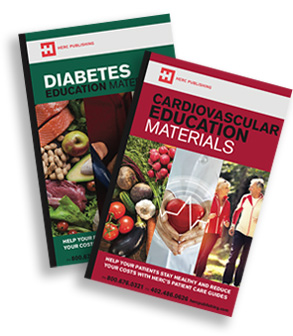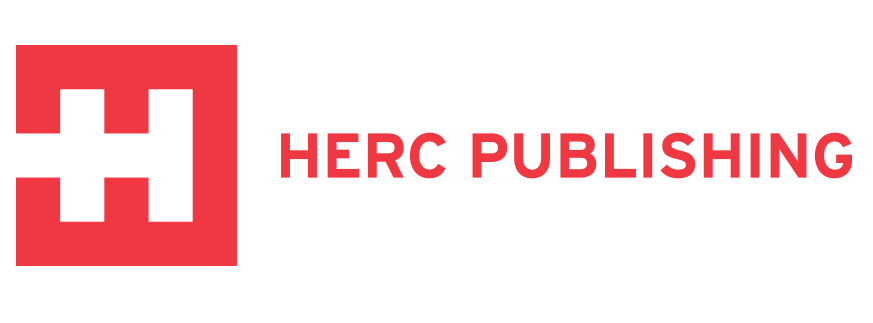The Best Cardiology Education Materials Have
In general, patient-facing medical information can be difficult to use and understand. This is a serious issue. One of the biggest mistakes an educator can make is selecting materials that patients can’t use. Here are the biggest issues that we’ve seen in cardiac education materials:
- Materials are too hard to comprehend
- The graphics and illustrations in the materials are unclear

- There is no practical advice or tips regarding lifestyle changes for patients
- Language needs for patients are not considered
- We strongly recommend picking materials that have the following five qualities:
Easy to Read.
If the materials you select are hard to understand, patients will become discouraged in learning about their heart health and general self-care. It’s critical that you select materials that use accessible language. Patient educators will often choose material that is inexpensive (due to budget constraints) but end up with a resource that is difficult to understand, especially for younger patients with cardiac issues.
Clear Graphics and Visuals.
Patients must know things such as specific medications, cardiac ablation, pacemaker implantation, and other treatments that lead to healthy lifestyle changes. Visuals help break down the complexities of a medical condition into more easily understandable content. Poor visuals in your education materials could prevent the learning required for a healthier lifestyle. Be sure to prioritize clear graphics when choosing cardiac materials.

Certified and Updated Content.
Cardiac care changes often. As new medications are developed and methods of self-care are updated, the
American Heart Association (AHA) will update their standards of care. Be sure to buy the most current version of your materials as they are often updated.
Cardiac Vascular Nursing Certification (RN-BC) is the most common certification that the educators have but as publishers we utilize the services of:
- Cardiac Rehab Coordinators
- Cardiac nurses
- Hospital Pharmacies
- Cardiologists
- Dieticians
- Typically, they are certified in Cardiovascular Pulmonary Resuscitation (CPR) and Emergency Cardiac Care (ECC).
- American Heart Association
Multiple Language Options.
A heart condition can happen to anyone. As a result,
language options are important so that educators can teach people who speak different languages.


